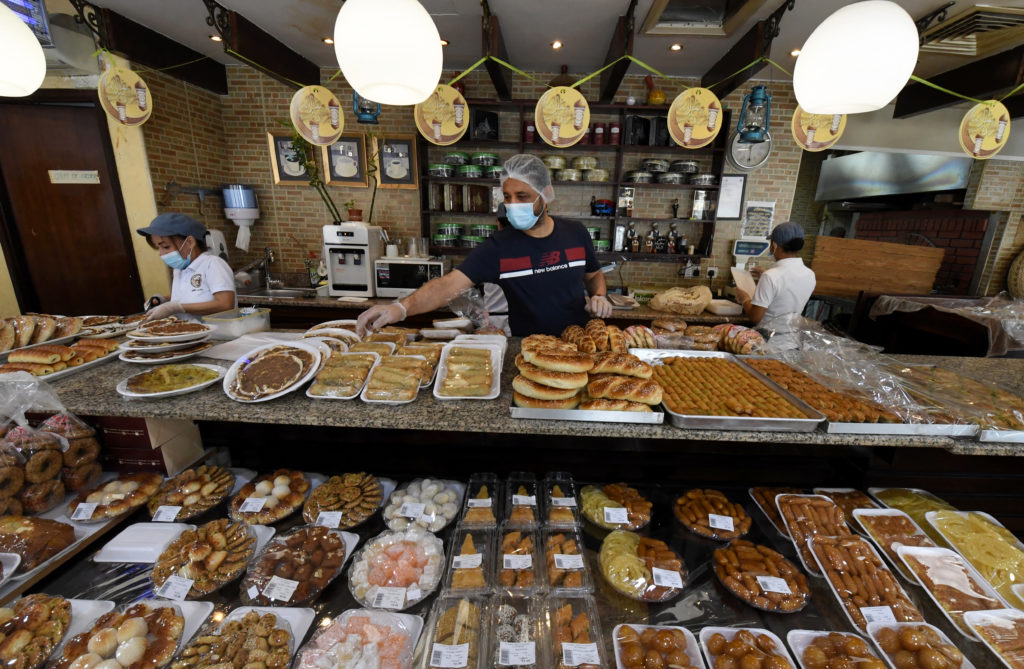São Paulo – Commodity prices have risen sharply and become a barrier for importers in the Middle East and North Africa (MENA) region, the International Monetary Fund (IMF) stated in a note this Tuesday (24).
According to the organization, the war in Ukraine and related sanctions also raise concerns relative to food security. For example, the region depends heavily on wheat imports from Russia and Ukraine. According to the IMF, food prices are expected to increase by another 14% in 2022 after reaching historical peaks in 2021.
The effects of high commodity prices
Higher inflation is one of the direct impacts of rising commodity prices. Food prices accounted for about 60% of inflation growth in the MENA last year, excluding the Gulf Cooperation Council (GCC) countries. The IMF projected inflation could remain high in the region, at 13.9%, in 2022.
The rate is due to the high dependence of many economies in the region on food imports. Food products account for over a third of the region’s consumer spending. The situation is particularly alarming for countries with greater political and economic instability, as strategic reserves cover less than 2.5 months of net domestic consumption, said the IMF.
For the institution, some ways to respond to this increase in prices are increasing subsidies and price controls, lowering tariffs on food, and expanding direct income transfer programs to risk groups.
Growth forecast
The IMF revised its growth forecast for the MENA bloc to 5% but stressed that this reflects better prospects for oil exporters, experiencing oil and gas prices rising. For oil-importing countries, projections were reduced.
Translated by Elúsio Brasileiro




